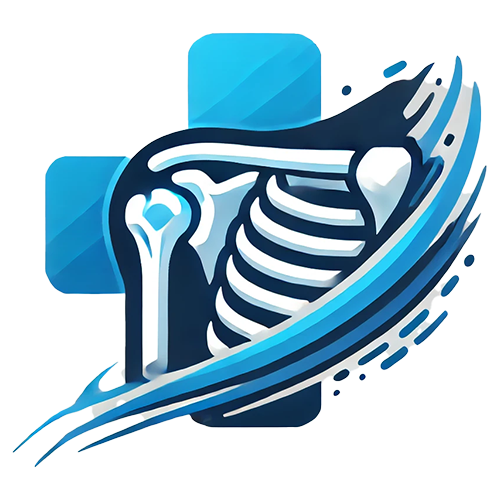When a family member needs shoulder replacement, this can be both a positive and stressful time. While it is good to know that something can be done to relieve their pain, often there are concerns about what additional needs they will have during and after the surgery. At SSM DePaul, the Joint Replacement Center staff is expertly trained and focused on ensuring that the experience for your family member and you is a smooth and positive one. Dr. Burns and her team work hard to ensure that everything runs smoothly before, during, and after the surgery.
How Can I Help?
Often the best way you can help is by keeping track of medication, information, and instructions and by providing support. You will also need to make sure your family member has transportation to and from surgery, as they will not be able to drive themselves. It’s best if you’re available the day of surgery for Dr. Burns to review the surgery findings with you.
What Should I Expect Before Surgery?
Before the surgery, preoperative testing is necessary to ensure the patient is ready and healthy enough to undergo a surgical procedure. This involves complete x-rays of the shoulder, a CT scan or MRI, bloodwork, and an EKG. Dr. Burns typically requires medical evaluation and involvement of your family member’s primary care doctor. Depending on the health of your loved one, this can be a rather simple or quite involved process to prepare someone for surgery. The preoperative testing center coordinates this process.
What Happens On The Day Of Surgery?
On the day of surgery, your family member will check in 1-1/2 hours ahead of the planned procedure. The surgery usually takes 1-2 hours. This may be longer if the planned surgery is complex or a revision (redo) surgery. The team will keep you advised of the progress.
Is Shoulder Replacement An Outpatient Surgery?
No. Typically patients stay 1-3 nights in the hospital in the Joint Replacement Center, which is on the main level of the hospital. The physical therapists will begin working with your family member the next day. Most patients will stay 2 nights; if surgery is on a Friday, patients will typically go home on Sunday.
Will My Family Member Need To Do Exercises At Home?
Yes. Your loved one will receive therapy in the hospital. When they go home, home health and home therapy will work with the patient for 3 weeks. If there is concern that your family member cannot function well at home, there may be an option for a stay in a skilled nursing facility for a few weeks. Let Dr. Burns know if this is something that you think may be needed; this cannot be arranged ahead of time but your family member will be evaluated after surgery. This is typical if your family member has any of the following: a need to weight bear on their shoulders (uses a cane or walker); has problems with both shoulders; has multiple medical problems; or there is no or limited family help or support at home.
If your family member needs to weight bear on their arms with a cane or walker, they can begin to do that after 3 weeks. If they cannot walk or safely get around without a walker, your loved one may need to consider staying at a skilled facility for 4 weeks until they can safely bear weight on the new shoulder replacement. Be sure to discuss this with Dr. Burns.
Will I Need To Take Time Off Work To Care For My Loved One?
Most people need some family support at home for the first few weeks, including meals, groceries, or household help. Since most people have been functioning with a painful or limited shoulder before the surgery, they are usually able to return to routine activities at home postoperatively. Patients do have to wear a sling and sleep in a sling for 3 weeks after surgery. Your family member is considered “home bound” for the first 3 weeks and should not leave home or drive except for doctors’ appointments and a few other approved reasons.
When Will My Family Member Be Able To Drive?
After 3 weeks, your family member can return to driving and everyday activities as they feel comfortable. Therapy will switch to an outpatient therapy location unless they continue to be “home bound” due to limitations. By 3 months after surgery, most patients have completed therapy and have returned to a normal routine.
If you have any questions, you can contact Dr. Burns or her staff at 314-291-7900 or via MyChart.
